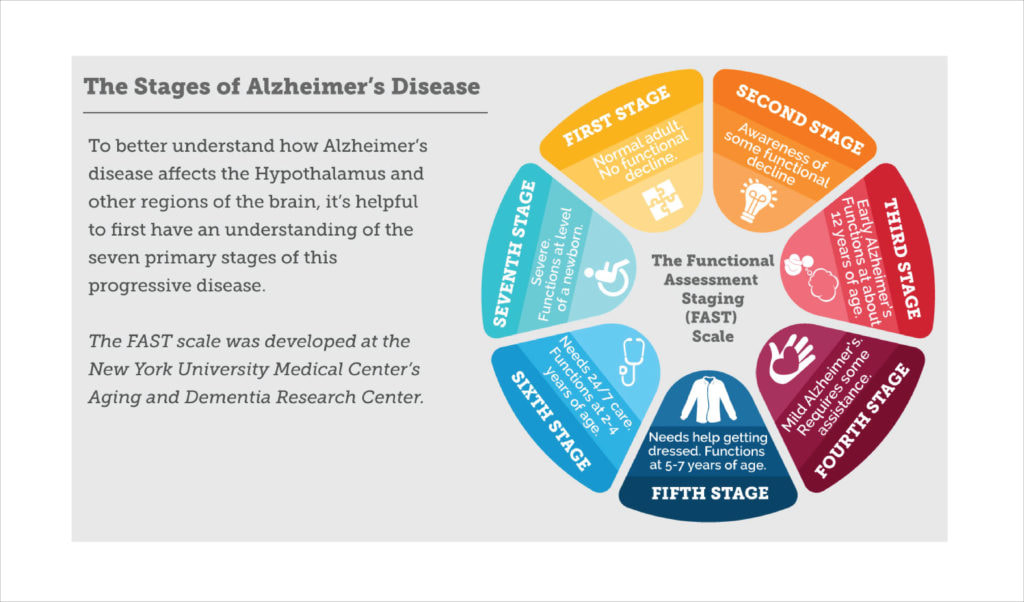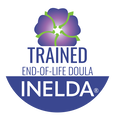|
8/23/2023 0 Comments Alzheimer's and Dementia While you've heard of Alzheimer's and dementia you may not know a great deal about these conditions until they impact you or a loved one. This post contains a brief definition of the conditions, how long the disease progresses, and ways to find local resources for those with a dementia or Alzheimer's diagnosis and their caregivers. Definitions It's common to hear people refer to the two interchangeably, but here is the difference. Dementia is the loss of cognitive functioning (thinking, remembering and reasoning) and behavioral abilities (how you interact with other people and respond situations) an extent that it interferes with a person’s daily life and activities. The causes of dementia can vary, depending on the types of brain changes that may be taking place. Alzheimer’s disease is a progressive brain disorder that slowly destroys memory and thinking skills and, eventually, the ability to carry out the simple tasks. Alzheimer’s is the most common cause of dementia among older adults. Progression Alzheimer's disease, and dementia caused by Alzheimer's disease, tends to develop slowly and gradually worsens over several years. Progressing through the stages can occur over the course of a decade with the middle stages lasting the longest, typically for many years. During the middle stage of Alzheimer’s, the dementia symptoms are more pronounced. the person may confuse words, get frustrated or angry, and act in unexpected ways, such as refusing to bathe.
Resources If you are trying to find local resources for those with Alzheimer's or dementia consider searching for:
The Alzheimer’s Association is another fantastic source of information. They not only provide resources through their website, but also have a 24/7 helpline at 800-272-3900. The NIA (National Institute on Aging) has resources online as well as a helpline. Alzheimer's and Related Dementias Education and Referral (ADEAR) Center (part of NIA) offers information on diagnosis, treatment, patient care, caregiver needs, long-term care, and research and clinical trials related to Alzheimer's disease. Staff can refer you to local and national resources. Their number is 1-800-438-4380. Many communities also have support groups for caregivers that are accessible in-person and online. Area Agencies on Aging, Senior Centers, libraries, local hospitals, primary caregivers, hospice agencies, and the Alzheimer's Association are all good resources for connecting with caregiver support groups.
0 Comments
Leave a Reply. |
AuthorKasey March is an INELDA trained end of life doula in southern Vermont. Archives
October 2023
Categories |

 RSS Feed
RSS Feed
